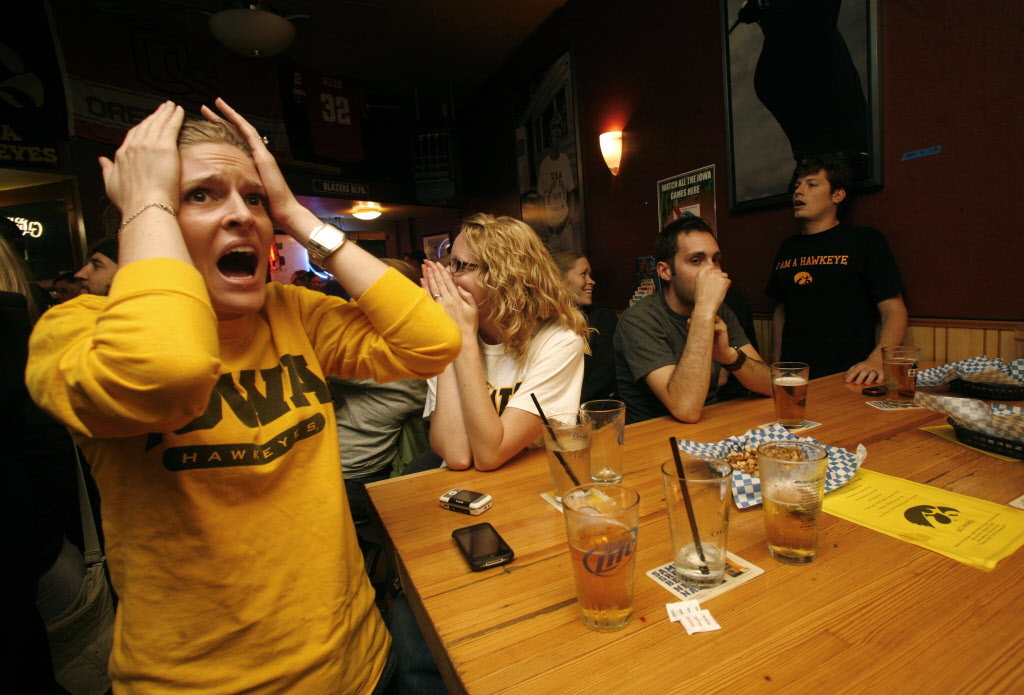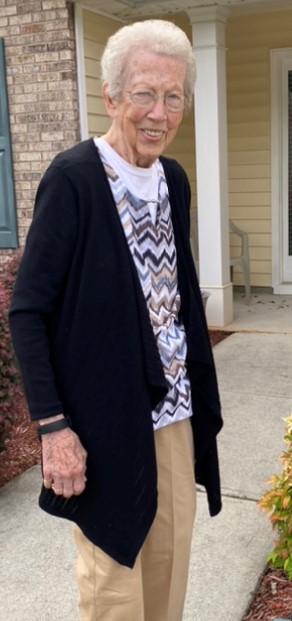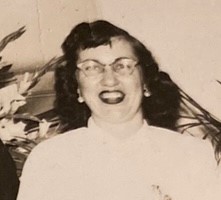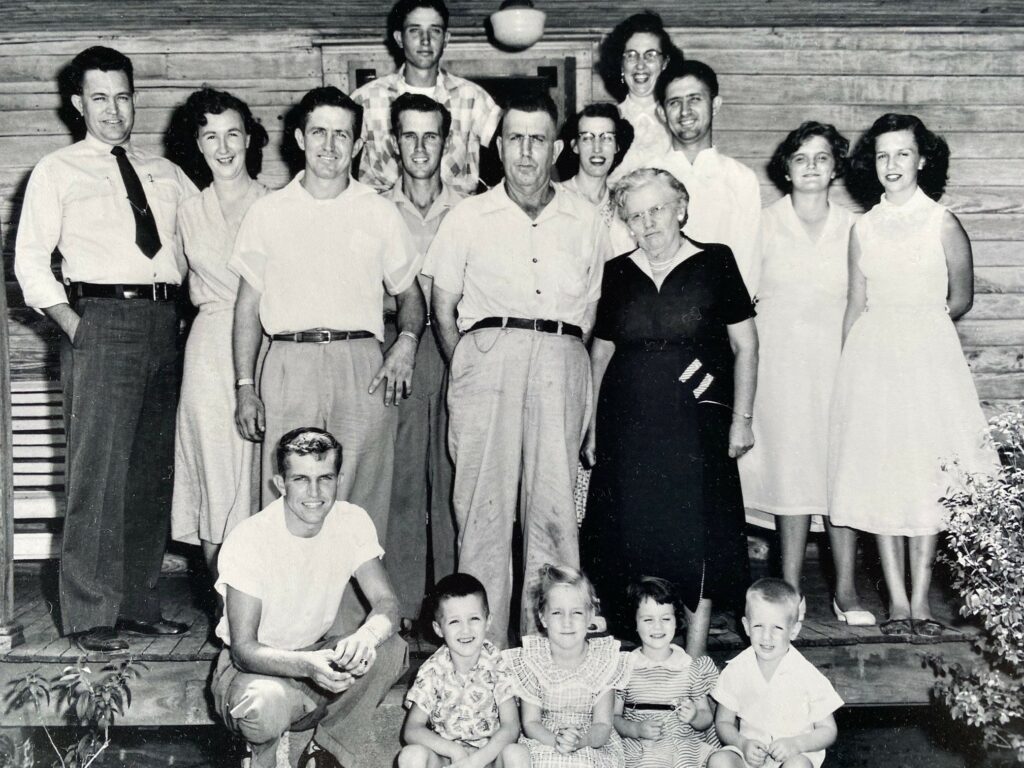 It’s that time of year again my friends. College football season begins this weekend. I’m not sure how that’s possible, but there it is. It’s been 7+ months since our beloved Dogs finally slayed the big bad Bama dragon back on January 10 and won the National Championship. The final score, lest you’ve forgotten, was Us 33, Them 18. You can watch all the glorious highlights here.
It’s that time of year again my friends. College football season begins this weekend. I’m not sure how that’s possible, but there it is. It’s been 7+ months since our beloved Dogs finally slayed the big bad Bama dragon back on January 10 and won the National Championship. The final score, lest you’ve forgotten, was Us 33, Them 18. You can watch all the glorious highlights here.
Full confession: no matter how much I love college football, I’m never ready for the season to begin. Never. I don’t look forward to it. There are many reasons for that.
I’ve written about the joys of college football elsewhere on this blog, particularly the difference between the college and pro game, and since I don’t believe in re-inventing the wheel, I’ll just repeat myself:
“College football is more exciting [than the pro game] and more fun to watch, in my humble and uninformed opinion.
The rivalries are much more intense, and the game-day atmosphere at big-time college football games is unmatched in any other sport.
For game-day excitement, try the Big House in Ann Arbor when Michigan plays Ohio State (ask Michigan alum Tom Brady about it). Or the Horseshoe in Columbus when it’s played there. Or in Oklahoma during Bedlam. Utah during the Holy War or Oregon’s Civil War. Also try finding cool names like these for NFL rivalries. You won’t.
The NFL has nothing—nothing—to compare to the Iron Bowl. Or the World’s Largest Outdoor Cocktail Party. Notre Dame vs. Southern Cal. Texas and Texas A&M (though temporarily suspended). Catholics vs. Convicts.
I’m not saying there aren’t great rivalries in the NFL—the Redskins and Cowboys, Patriots and Jets, and Packers and Bears all come to mind.
But it’s not the same as the blood feuds in college football, where many of these rivalries go back 130 years. The NFL has been around since the 1920s, but most franchises barely predate the 1960s. And rivalries are divisional (Cowboys-Redskins) not geographical, like Florida and Florida State, and don’t have nearly the emotional intensity of a life and death college football grudge match.”
And it’s that last part that always makes it difficult for me to welcome the college football season—the “emotional intensity”. Let me explain.
Long-suffering readers of this blog know I love baseball. I love the rhythm of the game and the leisurely-ness of the season, as it meanders across 7 months of the year. If you don’t win today’s game, no big deal. There’ll be a hundred more to play, for months yet, nothing to get upset about. And the rivalries are fun, not death grudge matches [Game 7 of the World Series is another universe]. Yes, Braves fans don’t like the Mets or the Dodgers and vice-versa but it’s not civil war. It’s baseball. Have a hot dog. Relax.
But college football is different, especially now that UGA has won it all. Nothing less will do now, and if you lose one game, that’s it, your season is done. No trip to the College Football Playoff for you.
Yes, I know that’s not literally true, but you have to be very careful when you lose that one game. Georgia lost to Bama in last year’s SEC championship game and still made the Playoff only because we went undefeated through the rest of the season. Gasp. One little slip-up against Kentucky or South Carolina would have spelled doom. Pro football teams can lose 7 or 8 games and still make the playoffs, even win the Super Bowl. Not in the college game, and not even close.
The intensity of the season, of every play, every dropped pass, every boneheaded fumble by our “college” QB (who’s old enough to draw Social Security), every missed field goal, every interception, every blown pass coverage—everything is always on the line, waiting to derail the entire season.
And unlike in baseball, there’s no 3-game series to make up for a bad loss. There’s no pre-season to work out the kinks in the offense, or begin to gel as a team, as in the pros. It’s all or nothing all the time, beginning with the very first snap.
Even then you have to count on a bit of luck to wind up in the top four and get invited to the Playoff. Teams ahead of you in the rankings have to lose to someone they weren’t supposed to. You have to catch a lucky break. Sometimes it’s pure chaos, and yes, that can be enormously fun to watch—and it is—if it doesn’t give you an ulcer in the meantime.

Then there’s the sheer amount of good ‘ol fashioned hate that you constantly harbor for all your opponents. I’m talking seething, teeth-clenched, can’t stand those a-holes hatred. Florida. Bama. Auburn. Tennessee. Texas A&M. LSU. Kentucky. South Carolina, Ole Miss, Mississippi State, Arkansas, Georgia Tech.
Not to mention the teams not in your conference that you don’t even play but that you just have to hate on principle, like Ohio State, Clemson, Oklahoma, USC, Notre Dame, Michigan, Texas, Penn State. Some of these teams you hate because they’re just arrogant; some because their coach is a jackass; some because their coach is an arrogant jackass (every Florida coach till now, and maybe the new guy too once we get to know him). Not to mention, what grownup goes by the name Dabo or Jimbo? C’mon man.
For some reason, the level of jackass-ery among college coaches is astounding. They often run their mouths denigrating other teams at a level that you never see in any other major sport. There are the occasional NFL jackass coaches (see Rex Ryan), but they don’t usually last long. No major league baseball manager denigrates other teams. But college football coaches do it all the time. Partly that’s a function of there being only four playoff spots, and no parity of strength of schedule, so coaches often talk up their team while denigrating others.
But jackass coaches long pre-date the current playoff system. The college game just seems to attract them. Steve Spurrier at the University of Florida is the primo example, and of course he’s long gone. Many others have taken his place, and many of them coached at Florida. Incidentally, I can hear my mother’s voice saying, “Stanley, you don’t hate anybody!” But this is college football hate, and it’s different. Even God hated Steve Spurrier.
As you can see, it’s all mentally and emotionally exhausting. But it must be done if you’re going to follow the sport, week in and week out, from August till January. There’s just no other way.
By now you’re thinking, geez Stan, get a grip. No one is making you do this. And you’re right. I’ve tried in the past to just be a casual fan. Why put my emotional state in the hands of 18–22-year-olds? Who cares if we lose to Florida? It’s not the end of the world. No big deal. Have a hot dog. Relax.
But in college football, that just doesn’t work. For reasons that only psychologists can explain, there’s an emotional attachment that fans feel towards college football teams that is different than any other American sport (though I believe it holds in European football as well).
Let the trash-talking, complaining about weak schedules, wailing, and gnashing of teeth begin. A short slate of games kicks off this weekend, then #3 Georgia will tee it up against #11 Oregon on September 3 at Mercedes-Benz Stadium in Atlanta. The madness will continue through the National Championship game next January 9, five months from now.
Keep the crying towel handy. Grab your foam fingers, order a side of tranquilizers, and hang on.

 My aunt Corine turned 95 on Sunday, August 7. She is my father’s oldest sister, the last remaining child of nine born to my grandmother and grandfather, who were both born in the first years of the 20th century, 120 years ago. As a historian, I probably appreciate this kind of longevity in a different way than most people.
My aunt Corine turned 95 on Sunday, August 7. She is my father’s oldest sister, the last remaining child of nine born to my grandmother and grandfather, who were both born in the first years of the 20th century, 120 years ago. As a historian, I probably appreciate this kind of longevity in a different way than most people. Mother Teresa said that “In this life we cannot do great things. We can only do small things with great love.” Corine’s life has been a life of service and sacrifice. She was the oldest girl in a family of sharecroppers—six boys and three girls—with long years of hard toil in hot Georgia summers. (Dad used to jokingly tell listeners, “There were six of us boys in the family, and we each had three sisters.”) She revered her mother and father and lovingly helped to raise the seven siblings born after her. Indeed, she witnessed the entirety of those seven lives, literally from cradle to grave.
Mother Teresa said that “In this life we cannot do great things. We can only do small things with great love.” Corine’s life has been a life of service and sacrifice. She was the oldest girl in a family of sharecroppers—six boys and three girls—with long years of hard toil in hot Georgia summers. (Dad used to jokingly tell listeners, “There were six of us boys in the family, and we each had three sisters.”) She revered her mother and father and lovingly helped to raise the seven siblings born after her. Indeed, she witnessed the entirety of those seven lives, literally from cradle to grave. Corine (top right in the photo above) is now the last of Hubert and Reba’s nine children still alive, a singular fate that she neither understands nor welcomes but accepts without complaint. Age gains ground, little by little, and then in bursts. She is still in strong mind if faltering body, still living alone though lovingly cared for by two of my cousins, Susan and Kelly, who are surely angels on earth. She is a lone messenger from a long-distant and irretrievable past, the last living link to a vanished time and place, to the people who passed through those years with her, who laughed and prayed and sang and loved, now all left behind with tears and a promise to meet again.
Corine (top right in the photo above) is now the last of Hubert and Reba’s nine children still alive, a singular fate that she neither understands nor welcomes but accepts without complaint. Age gains ground, little by little, and then in bursts. She is still in strong mind if faltering body, still living alone though lovingly cared for by two of my cousins, Susan and Kelly, who are surely angels on earth. She is a lone messenger from a long-distant and irretrievable past, the last living link to a vanished time and place, to the people who passed through those years with her, who laughed and prayed and sang and loved, now all left behind with tears and a promise to meet again.